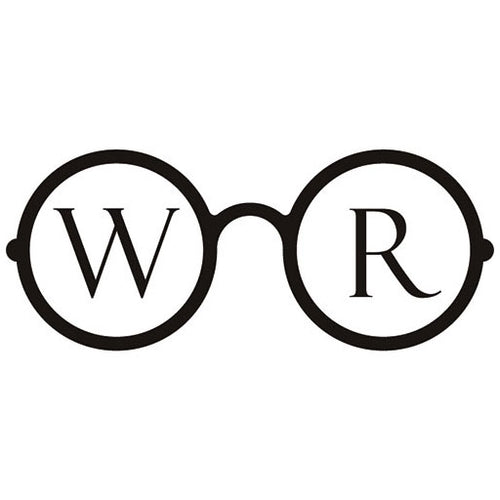
A Journey Through Time: The History of Magic in Literature
As we celebrate the release of our latest book, 'A History of Magic', we invite you to join us on a captivating exploration of magic's rich history in literature. We will embark on an enchanting journey through time, revisiting the ancient tales of gods, monsters, and heroes who brandished magical powers. These mesmerising narratives did more than just entertain - they provided explanations for the world's mysteries and delivered profound moral teachings.

The theme of magic first appeared in literature in ancient times, although pinpointing an exact date or work is challenging due to the vastness of oral and written traditions across different cultures. However, one of the earliest known examples is the Epic of Gilgamesh, an ancient Mesopotamian poem dating back to around 1800 BC. This work features gods, monsters, and heroes with magical powers, setting a precedent for the theme of magic in literature.
In the Middle Ages, literature was infused with the supernatural and divine. Tales of witches, wizards, and magical beings were rife, reflecting society's fascination with the unknown: an example of such stories are the infamous Arthurian legends from the Middle Ages, featuring the wizard Merlin and his magical deeds. These stories served as warnings about the perils of meddling with forces beyond human comprehension.
Transitioning into the Enlightenment, there was a notable shift in the portrayal of magic. As scientific knowledge advanced, magic was often depicted as a misunderstood science. This is evident in works like Mary Shelley's "Frankenstein", where the creation of life is both a magical and scientific act.

In the realm of Gothic literature, Bram Stoker's "Dracula" and the works of Edgar Allan Poe have contributed significantly to the literary portrayal of magic. Stoker's "Dracula" is renowned for its depiction of vampire lore, presenting a form of magic that is dark and supernatural, yet deeply intertwined with human existence. The titular character, Count Dracula, embodies this magical realism, with his vampiric abilities serving as metaphors for power, immortality, and fear. Similarly, Edgar Allan Poe's works often feature elements of the supernatural and macabre. Stories like "The Fall of the House of Usher" incorporate magic to evoke a sense of unease and unsettlement, while also exploring the human psyche's darker facets. Both "Dracula" and Poe's tales exemplify how magic in literature can serve as a powerful tool for examining complex human experiences and emotions.

Finally, in today's literature, magic serves as a powerful tool for exploring complex themes like identity, power, and reality. Popular series like "Harry Potter" weave magic into their narratives, crafting intricate worlds that mirror our own for an in-depth exploration of these themes.
The evolution of magic in literature mirrors our evolving understanding of the world and ourselves. As we continue to explore and push the boundaries of literature, the allure of magic remains undiminished, enchanting new generations of readers.
Celebrate all things magic with our NEW 'History of Magic' book bag!




